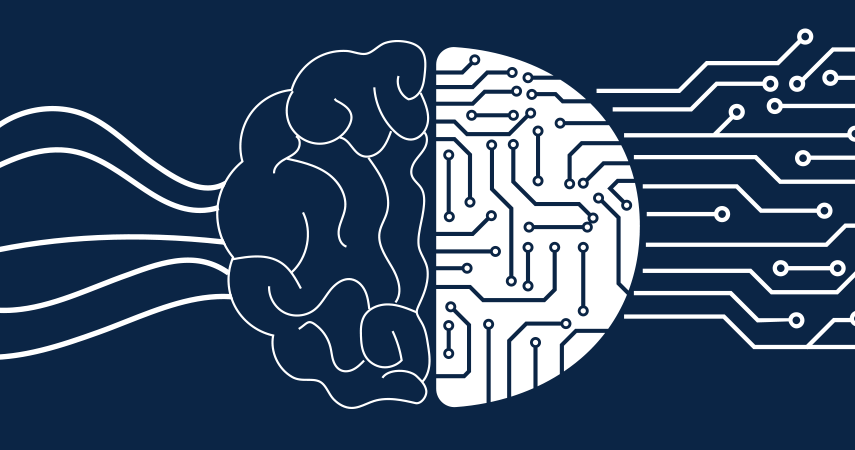Data Literacy: The Building Block to Digital Transformation?

Alan Jacobson, Chief Data and Analytics Officer at Alteryx, looks at data literacy as one of the key building blocks from which to mount an effective and lasting digital transformation
All companies continue to face an ever-growing challenge – the explosion of data acting as a key driver of digital transformation within companies being stymied by a limited supply of data-literate talent.
Organizations have access to what seems to be insurmountable data sources across industries and internal functions. While the amount of data has increased, there remains a shortage of data scientists—and employees in analytics and line-of-business roles are being asked to do more, to know more, and to answer pressing business questions with data.
Companies certainly recognize the challenge in front of them, with 90 percent of large global companies introducing the role of ‘Chief Data Officer’ by the end of 2019. But in order for these new executives to succeed, they must focus on building a culture of data literacy within their company first.
If companies are to successfully implement digital transformation initiatives, they must empower data workers at all levels of the company, regardless of technical acumen, to become more data literate as well as improve their analytic knowledge.

READ MORE: How Vital is Digital Transformation?
Defining Data Literacy
The term ‘literacy’ has generally been associated with reading and writing proficiency. However, in today’s technology-enabled world, it is equally important to be able to derive meaningful information from data as it is from written words. The complexity of data analysis, especially when it comes to big data, means that data literacy requires foundational knowledge of mathematics and statistics.
However, data scientists are few and far between, and the most talented are quickly scooped up by the world’s largest (and most successful) global companies which can be challenging for enterprises that want to build out this technical capability. To combat this talent shortage, self-service analytics platforms and training/enablement allow these companies to effectively create “citizen” data scientists out of analysts across various lines of business.
According to Gartner, a citizen data scientist (CDS) is a person who creates or generates models that use advanced diagnostic analytics or predictive and prescriptive capabilities, but whose primary job function is outside the field of statistics and analytics.
These data literate citizen data scientists are one of the most useful tools in digital transformation strategies as they can communicate across business and technical areas of business, effectively closing the talent gap. These individuals drive meaningful business value and uncover previously overlooked insights and empowering these team members to leverage new technology is an incredibly powerful asset for the company overall. In fact, Gartner has flagged data literacy as a pressing topic for organizations moving toward digital, so important that they predict by 2022, 90 percent of corporate strategies will explicitly mention information as a critical enterprise asset and analytics as an essential competency.

Building a Culture of Literacy
As data and analytics move to the forefront of enterprise investment, focus and strategy, the need for data literate talent becomes an essential component of building a technologically enabled workforce able to enact digital transformation strategies.
The pressures of staying ahead of the digital innovation race is one of the biggest reasons analytic teams face such a tremendous amount of pressure—and still, many businesses are not becoming data-driven fast enough to get ahead of the curve. In fact, a company has about 15 years before competitive entry or market disruption and it’s predicted that about half of the companies on the current S&P 500 will no longer exist in 10 years. While companies understand the need to harness internal talent and upskill current employees, few know where to begin.
The answer? Building a culture of data literacy.
Creating and empowering citizen data scientists is a unique opportunity to develop existing talent that knows your data and understand your business. These individuals are often the most underutilized employees that can serve as the catalyst for internal culture change as they are eager to learn and develop skills to improve their personal development and contribute to the business, which creates a continuous cycle of improvement.
Empowering these individuals means providing the necessary self-service tools as well as enabling them with training and support as they continue their data literacy education. While companies often look outwards for technical solutions, especially when it comes to digital transformation, the key component to success—data literacy—comes from within.